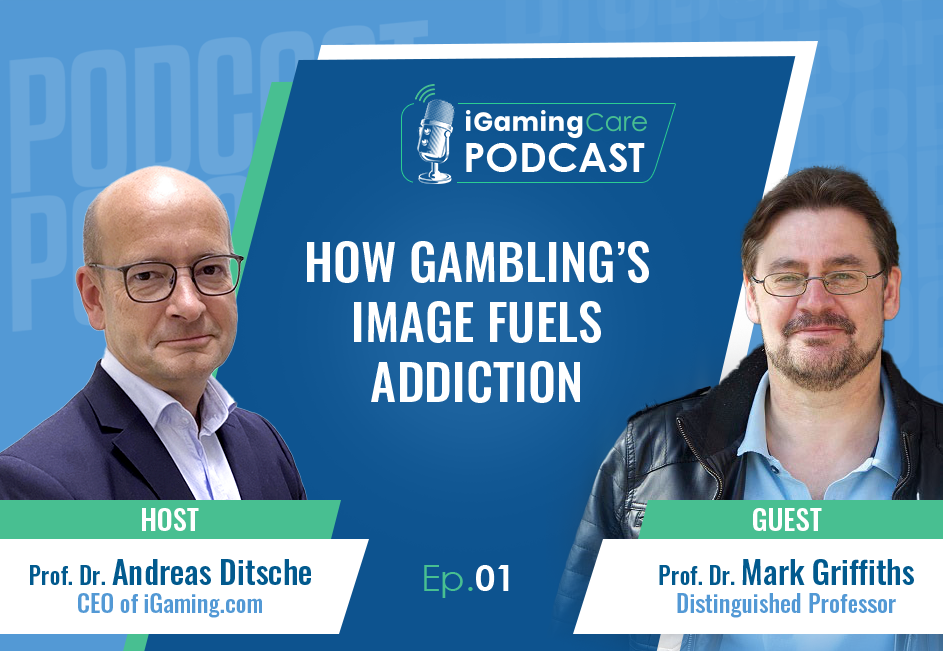
What Personal Data is Collected in Gambling and How is it Protected?

Online gambling has rapidly evolved into a multi-billion-dollar industry, offering players worldwide the excitement of betting from the comfort of their homes. However, this convenience comes with a price: the collection and handling of vast amounts of personal data.
For gamblers, understanding what information is gathered and how it’s protected is essential to maintaining privacy and trust. In this article, we’ll explore the types of data collected in the gambling industry, why this data is necessary, and the measures taken to keep it secure.
Data Collection in Gambling
Simply put, gambling platforms depend on data to operate. Personal data fuels functions like payment processing, regulatory compliance, and player protection. But as more information is gathered, concerns about privacy and security grow. Therefore, striking a balance between protecting players and respecting their privacy remains a priority for the industry.
What Types of Personal Data Are Collected
Operators gather personal data for various reasons, so it’s essential to understand what information is being collected. By learning about these practices, you can make informed decisions about how you interact with operators.
- Transactional Data: Every deposit, withdrawal, and payment method used is tracked. This helps operators monitor financial activity, flag suspicious transactions, and identify spending patterns.
- Behavioral Markers: Platforms collect data on gambling frequency, session length, betting stakes and game preferences to understand player habits better. These insights are also used to flag problematic behaviors.
- Financial Risk Indicators: Operators may review bank statements, income levels, and spending patterns to make sure that gambling is not harmful. This is especially important for high-stakes gamblers or those flagged for risky behavior.
Why is Personal Data Collected
Of course, understanding why your personal information is collected is just as important. Operators collect information for various purposes, with a primary focus on regulatory compliance and promoting responsible gambling practices.
- Regulatory Compliance: Laws and regulations require gambling platforms to verify player identities, enforce age restrictions, and perform anti-money laundering (AML) checks. Data collection allows operators to meet these obligations effectively.
- Player Protection: Collecting data plays a critical role in safeguarding players. Behavioral monitoring allows operators to identify markers of harm, such as frequent gambling or unusually high spending, enabling early intervention and support.
- Fraud Prevention and Risk Management: Data is also essential for detecting fraudulent activity and creating financial sustainability. By understanding players’ financial situations, operators can discourage unsustainable gambling and mitigate potential losses.
Privacy Concerns and Challenges
While the reasons for data collection are clear, privacy concerns remain a significant issue in the online gambling sector. One major challenge lies in the transparency of data usage. Many players don’t fully understand what data is collected or how it’s used, leading to mistrust.
The invasive nature of some financial checks, such as reviewing bank statements, can also make players feel uncomfortable. Moreover, concerns about data misuse, leaks, or even discrimination based on financial history contribute to apprehensions.
Cross-border regulatory differences further complicate the issue. Operators serving players from multiple jurisdictions must navigate data protection laws and apply multiple security measures.
“From a player’s perspective, the psychological impact of data collection often centers on trust. Many players wrestle with the tension between enjoying personalized experiences and fearing how their data might be used, misused, or exploited in ways that could compromise their autonomy or security.”
Mark Griffiths Behavioral Scientist
Technological Solutions for Data Protection
Fortunately, the gambling sector has introduced several advanced technologies to address concerns about data protection. These innovations not only bolster player privacy but allow operators to meet their regulatory obligations more effectively.
- Artificial Intelligence and Machine Learning: These tools enable real-time behavior monitoring and automated risk detection. AI algorithms can identify problematic gambling patterns early, triggering alerts for intervention while minimizing manual data handling.
- Data Anonymization Techniques: By removing personal information from data, operators can study gambling trends without risking anyone’s privacy. This method is especially helpful for analyzing data collected from various sources, known as aggregated data analysis.
- Cross-Operator Collaboration: Having a unified self-exclusion system and standard data protection rules across different operators helps players better control their gambling activities. This also guarantees that their privacy is consistently protected.
The Role of Regulators in Data Protection
Regulators are important for making sure that companies manage data responsibly. For example, the European Union has introduced a “markers of harm” framework to help companies consistently recognize and respond to risky behaviors. However, applying these rules in different countries is difficult because of the varying local laws.
In the future, new proposed frameworks aim to find a balance between encouraging innovation and protecting privacy. By working together, governments and industry leaders hope to develop regulations that are both effective and considerate of people’s rights.
Empowering Players to Take Control of Their Data
Players aren’t just passive participants in the data collection process. In truth, players can take several steps to safeguard their privacy and information.
- Self-Help Tools and Limits: Most platforms provide tools that allow players to set personal limits on their spending, time, or betting stakes. Some even offer self-exclusion options for those who want to take a break or limit their gambling activities. These features empower users to have greater control over their gambling habits.
- Transparency and Education: Operators must clearly communicate how data is collected and used. Players should also educate themselves about their data rights and the available protection measures, enabling them to make informed decisions about where to gamble.
- Opt-In and Opt-Out Options: Providing players with clear opt-in and opt-out choices regarding the sharing of their data is essential for fostering trust and transparency. When players can consent to how their personal information is used, it empowers them to feel more in control of their data.
Conclusion: Our Final Thoughts
The collection and protection of personal data in the online gambling industry is an evolving challenge. As players, operators, and regulators navigate this complex landscape, shared responsibility becomes key. Operators must commit to transparent and ethical data management, while players should stay informed about their rights.
Moving forward, technological advancements and regulatory frameworks must continue to balance innovation and privacy, ensuring a safer gambling experience for everyone.

